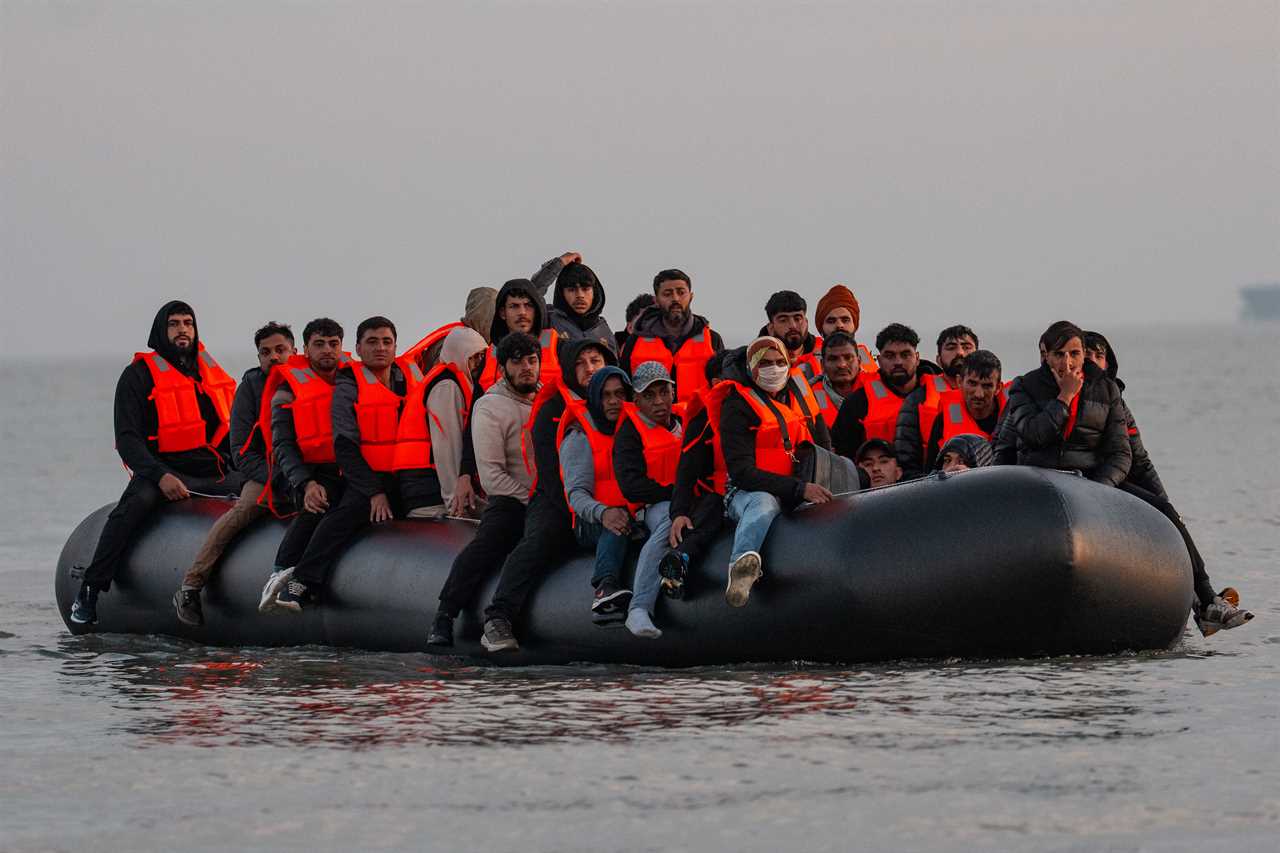
In the midst of the ongoing immigration crisis, former Chancellor Jeremy Hunt's call to "rip up and rewrite" European human rights laws has reignited debates on the efficacy of current legal frameworks. Hunt's criticism of the European Convention on Human Rights (ECHR) as "totally outdated" has sparked discussions on the need for reform to address the complexities of migration challenges.
Challenging the Status Quo:
Hunt's rare intervention underscores a broader frustration among some political figures regarding the perceived limitations of the ECHR in managing migration issues. His suggestion to overhaul the ECHR raises fundamental questions about the balance between human rights protections and national security concerns. How can European nations navigate this delicate balance in a rapidly changing global landscape?
The Call for Reform:
As Hunt advocates for a substantial revision of the ECHR, it prompts us to consider the historical context in which these human rights laws were established. While acknowledging the noble intentions behind the creation of the ECHR after World War II, Hunt's critique challenges the adequacy of these laws in addressing contemporary migration realities. What are the implications of reimagining existing legal frameworks to respond to current migration trends?
Political Responses and Ideological Divides:
The contrasting positions within British politics, from Labour's push for stricter enforcement to Farage's call for complete withdrawal from the ECHR, highlight the ideological fault lines shaping discussions around human rights and migration policies. How can policymakers reconcile divergent perspectives to develop a coherent and humane approach to migration governance?

Complexities of Legal Interpretation:
Recent cases, such as the Albanian drug dealer's appeal based on his son's food preferences, illustrate the intricate challenges in applying human rights laws to individual migration cases. These examples raise questions about the interpretation of legal standards and the nuances of protecting rights while addressing legitimate concerns about abuse of the system. How can legal systems adapt to ensure fairness and efficiency in handling migration-related appeals?
Amidst these debates, the broader implications of rethinking European human rights laws reverberate beyond national borders. The interconnected nature of migration challenges requires a nuanced and collaborative approach that balances legal responsibilities with practical realities on the ground. As discussions on the future of the ECHR unfold, it is crucial to engage in a thoughtful dialogue that considers the complex intersections of human rights, migration, and national security.
Did you miss our previous article...
https://trendinginthenews.com/uk-politics/sir-keir-starmers-ambitious-defence-plans-face-funding-uncertainty






